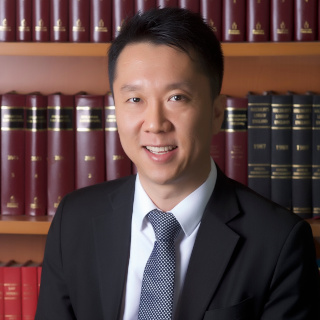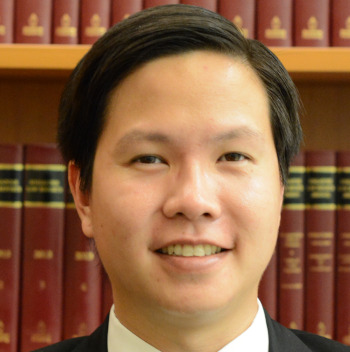A multi-million dollar Breach of Trust
We acted for a high net worth client (“B”) against her husband (“M”), who had misappropriated more than USD 60 million in cash and securities from the Singapore bank accounts held jointly in their names and held in the name of 2 British Virgin Island (“BVI”) companies (in which both B and M were equal shareholders and directors). It was not disputed that these Singapore bank accounts were funded by B’s inheritance. However, M’s position was that he was entitled to withdraw all such monies and securities whenever he wanted because they were all gifted to him by B previously. To support his position, M called their son (who was estranged from B) as a witness to give evidence supporting M’s contention of such a gift. B denied any such gift being made to M. The High Court has found that there was no such gift as alleged by M and that B did not intend to make gifts of the money placed in all the Singapore bank accounts including the accounts of the 2 BVI companies.
As more than USD 30 million was misappropriated by M from their joint Singapore accounts and placed in M’s own personal sole accounts, the High Court declared that M held such sums on trust for B and ordered M to provide an account. Tracing orders were also granted accordingly.
No orders were made by the High Court relating to the monies and securities which were misappropriated by M from the Singapore bank accounts of the 2 BVI companies although B sought various declarations of trust over such monies and securities. The High Court was of the view that B’s intention at the time she transferred funds to the Singapore bank accounts of the BVI companies (which were incorporated as investment holding companies) must have been to protect and “immunise” the funds from her mother and sister using the shield that incorporation affords. As such, BVI companies therefore did not hold the monies and securities on trust for her but instead that title to such monies and securities vested in the BVI companies in the usual way. On that basis, it was held that B did not have locus standi to bring the action against M for such monies and securities.
















